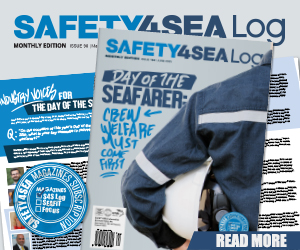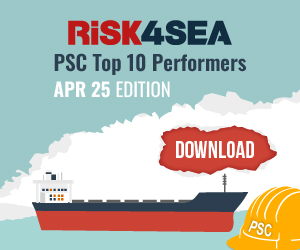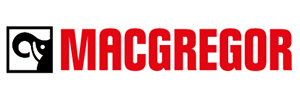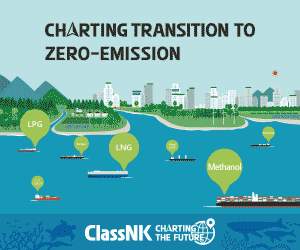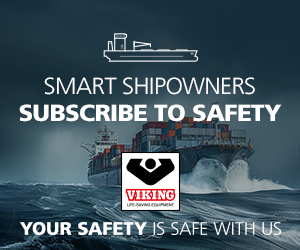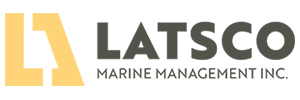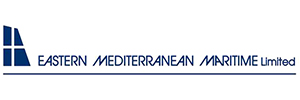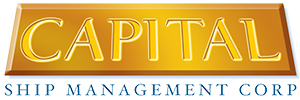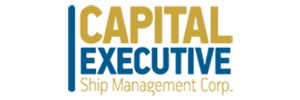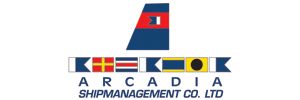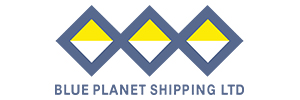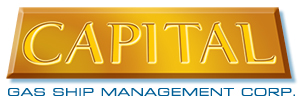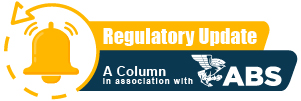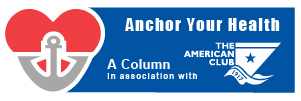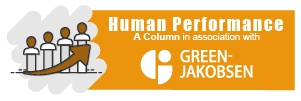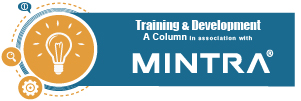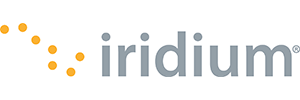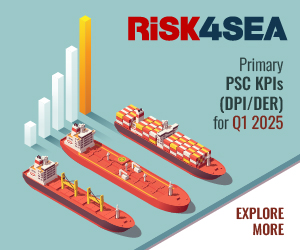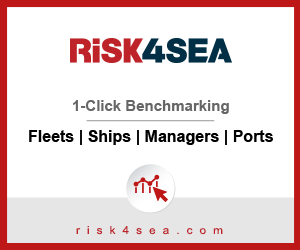Britannia P&I Club has provided guidance regarding best practices for cargo sampling, emphasising the importance of timing, location, equipment, and proper documentation to protect a ship’s position in the event of a cargo quality dispute.
According to Britannia, given that even trace contaminants can result in cargo being declared off-specification, the importance of proper sampling cannot be overstated. Its effectiveness, however, is fundamentally influenced not only by the method but also by the timing and location of sample collection. Each designated sampling point – whether at the shore tank, shoreline, ship’s manifold, or cargo tank – serves a specific evidentiary function and must be understood in context. Thus, the P&I Club has issued some tips to boost compliance, which include -but are not limited to- the following:
What to look out for?
When collecting samples, it is essential to use a clean and clear receptacle (typically 500ml bottles) to perform a visual inspection to identify any potential contamination/quality issues. Key aspects to check include:
- Cloudiness/haziness
- Suspended matter
- Rust
- Colour
- Water/free water
If any signs are detected, loading or discharging operations should be suspended without delay. The owners or charterers should also be promptly notified to obtain further advice and instructions proceeding.
Location of sampling
Load port shore tanks samples
Typically, these samples may not be taken or even witnessed by the ship’s crew. Always try to request for these samples from shore tanks before loading if permitted by the load port terminal personnel or request them through an officially appointed surveyor. These samples may be used to establish the initial condition of the cargo as they set a baseline for cargo quality and can help identify pre-existing issues.
Shoreline samples
Depending on terminal regulations, shoreline sampling may or may not be permitted. If allowed, take samples from the shore manifold after any line flushing operations to detect any potential contaminants, if present. This is particularly important if the terminal has conducted preparatory line packing or displacement operations prior to loading. Shoreline samples can reveal contaminants introduced during shore operations, which are not the ship’s responsibility.
Manifold samples
This may arguably be the most important sample, as it determines whether the cargo remains within specifications as it passes through the manifold. Where the manifold configuration allows, valves should remain shut until the cargo at the manifolds is found to be satisfactory.
-
Start of loading: Draw a sample at the ship’s manifold at the commencement of loading to compare with subsequent samples from the cargo tanks. This “first flow” or “flushing” sample is critical for assessing the initial quality of the cargo. At this stage, it is advisable to minimise the loading rate so that if visible contaminants are detected or visual checks raise concerns requiring suspension, the volume of potentially contaminated cargo (if loaded) is kept to a minimum. This precaution is particularly relevant in cases where cargo has already entered the ship’s tanks due to manifold valve or sampling point configurations that make sampling for visual checks not possible without first opening the manifold valve.
-
Regular/appropriate intervals: Collect manifold samples at regular intervals throughout the loading operation, particularly after any stoppages or changes in shore tanks. Always take samples representing the first flow of every grade of cargo being delivered. These regular sampling checks support continuous monitoring of cargo quality and create the opportunity to allow for the early detection of any changes in the cargo condition.
-
Start of discharge: Similarly, at the start of the discharge operation, take samples from the manifold to provide evidence that the cargo’s integrity is still intact at the final point on the ship before it passes through the shore hose or loading arm.
Other phases/stages of sampling
First foot samples
Take a “first foot” sample from each cargo tank shortly after loading commences. This sample helps to verify the cleanliness of the tanks and lines. First foot sampling is especially important for sensitive or high-value cargoes, and where analysis may be required for the first tank – or for every tank – depending on what has been commercially agreed or as part of the charterer’s or end receiver’s quality assurance strategy to limit exposure and mitigate risk. Although case-specific, such samples may still suggest that contamination originated ashore or to underlying issues introduced prior to the cargo reaching the ship. Conversely, they may also point to contamination from residual substances within the ship’s tanks or lines.
Ship’s tanks, after loading samples
Samples taken after loading are typically included in the master’s receipt of samples. Ensure that the sealed samples listed in the master receipt were properly witnessed and taken directly from the ship’s tanks. The ship should be careful not to sign for anything that is unrepresentative, inaccurate, or suspected to be from other dubious sources.
Ship’s tanks, before discharge samples
These samples, taken before starting discharge, may serve as compelling evidence that the cargo’s integrity remained intact upon delivery, thereby protecting the ship against claims of alleged mishandling or contamination during the voyage.
Sampling equipment and samples handling
- Clean equipment: Ensure all sampling equipment, including sample bottles, is clean and free from contaminants. Contaminated equipment can introduce impurities into samples, leading to inaccurate results. It is also important to use equipment manufactured with suitable materials to prevent reactions with the cargo.
- Proper containers: Use suitable sample containers, typically clear glass bottles for visual inspection, and appropriate containers for retention based on the cargo type. For example, light-sensitive samples should be stored in dark amber bottles, some petroleum products may require epoxy-coated containers, and chemicals might need glass or plastic containers based on their reactivity.
- Sealing and labelling: Seal all samples and label them accurately with details such as the ship’s name, date and time, cargo type, location, sampling personnel, and sample type/stage. Labels should ideally be completed using permanent ink appropriate for the label surface and resistant to fading or smudging, as unclear or faded markings can make identifying samples later extremely difficult. Proper sealing ensures that the sample remains untampered, while accurate labelling aids in identifying and tracking samples. This is not just good practice; it allows the sample to stand up to scrutiny if a claim arises.
Storage and retention
- Dedicated storage: Avoid storing samples in areas prone to temperature fluctuations or direct sunlight. Samples should be stowed and secured to prevent damage from the ship’s movement and stored in a dark, well-ventilated locker away from accommodation and food storage areas. Keeping a copy of the Safety Data Sheet (SDS) with the samples is considered good practice for easy reference of associated hazards and handling precautions, especially when dealing with hazardous chemicals or unfamiliar substances.
- Retention period: Retain samples as per company policy (or charterers’ instructions) referencing industry standards. In cases of dispute, retain the samples until the issue is resolved. This ensures that samples are available for necessary analysis during dispute resolution processes. In cases of long-term storage, periodically check the samples’ condition and storage environment.
- Chain of custody: Never release ship samples to any third party without explicit approval from the ship’s designated reporting line ashore. If there is any uncertainty about the situation, seek guidance from the same reporting line before proceeding. Ensure that any transfer of samples is accompanied by a receipt and signed/stamped acknowledgment from the receiving party.
Best practices for crew
- Training and PPE: Ensure crew members are trained in the proper inspection and use of onboard sampling equipment and the appropriate personal protective equipment (PPE), such as gloves and eye protection, when handling samples. Training should cover handling different types of cargo and the specific hazards associated with each. Understanding the various risks involved can help prevent exposure to hazardous substances and reduce the likelihood of improper handling.
- Documentation: Maintain a detailed sample logbook, recording all samples taken, their locations, visual examination results, and any other relevant observations. This logbook may assist future investigations and provide a clear record of sampling activities. It should be regularly reviewed and kept up to date.
- Independent sampling: A common issue observed is that ships often witness sampling conducted by surveyors at critical stages during loading and discharge but fail to retain their own (sealed) set of corresponding samples—independent of those retained by charterers or surveyors. This disadvantages the ship in a quality dispute, as it may be forced to rely solely on third-party samples.
Conclusion
To protect the ship’s position in a cargo quality dispute, the crew must go beyond merely witnessing third-party sampling and actively manage the ship’s own sampling responsibilities. Sole reliance on samples retained by other parties – whose commercial interests may differ – can leave the ship exposed. Considering the risks involved, a robust sampling strategy should include a clear understanding of the purpose of each sampling point, the retention of samples at critical stages, the use of approved equipment, and the maintenance of accurate records and supporting documentation.
For this reason, a well-structured and disciplined approach to sampling not only helps to demonstrate that the ship bears no responsibility in the matter but also strengthens its ability to respond credibly and effectively to any claims that may arise.









































